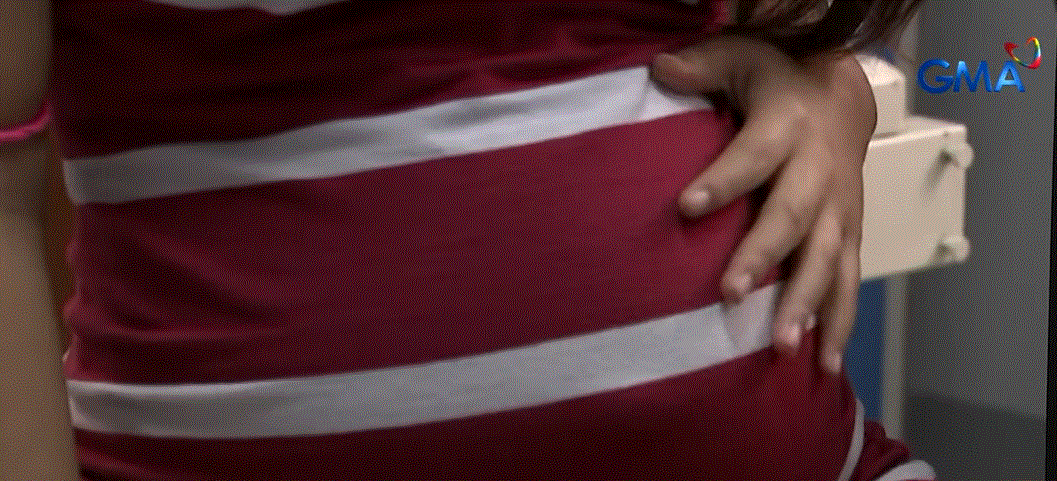Palace Stands Firm: Executive Privilege Won't Hinder Senate Probe on Duterte Arrest

Malacañang has firmly asserted that the invocation of executive privilege by Cabinet members will not impede the Senate's ongoing investigation into the arrest of former President Rodrigo Duterte. This declaration comes amidst scrutiny surrounding the extent to which executive privilege can be utilized to shield information from the legislative body.
Speaking on Tuesday, Palace Press Officer Undersecretary Atty. Cheche-Vera Escaler-Bañas clarified the government’s position, emphasizing that executive privilege is a recognized legal principle designed to protect confidential communications within the executive branch. However, she also stressed that it is not an absolute bar to providing information when necessary and in accordance with legal processes.
“Executive privilege is not a tool to obstruct investigations,” Escaler-Bañas stated. “It is meant to ensure the proper functioning of the government and to allow for candid advice to be given to the President. We are committed to cooperating with the Senate, but we must also uphold the principles of executive privilege where applicable.”
The Senate investigation stems from the recent arrest of former President Duterte on charges related to his handling of the drug war during his presidency. The Senate, led by its leadership, seeks to gather all relevant information to determine the facts and circumstances surrounding the arrest and to assess any potential legal or administrative liabilities.
The issue of executive privilege has been a recurring point of contention between the executive and legislative branches of government in the Philippines. The Supreme Court has previously ruled on the scope and limitations of executive privilege, establishing that it is not absolute and can be overridden in certain circumstances, particularly when there is a compelling public interest.
The Senate has indicated that it will issue subpoenas to Cabinet members and other officials who may have relevant information pertaining to the investigation. The Palace’s stance is that they will comply with legal processes and provide information to the extent permitted by law and consistent with the protection of executive privilege.
Legal experts have weighed in on the matter, noting that the balance between executive privilege and the Senate's investigative powers is a delicate one. They emphasize that the Senate must demonstrate a legitimate need for the information and that the invocation of executive privilege must be narrowly tailored to protect only truly confidential communications.
The ongoing investigation and the debate over executive privilege are expected to continue in the coming weeks, as the Senate seeks to uncover the truth and hold accountable those responsible for any wrongdoing. The Palace’s unwavering position is that they will cooperate with the Senate while safeguarding the principles of executive privilege.
This situation highlights the ongoing tensions and checks and balances inherent in the Philippine democratic system. It remains to be seen how the Senate and the Palace will ultimately resolve this matter, but the outcome will likely have significant implications for the relationship between the executive and legislative branches of government.






